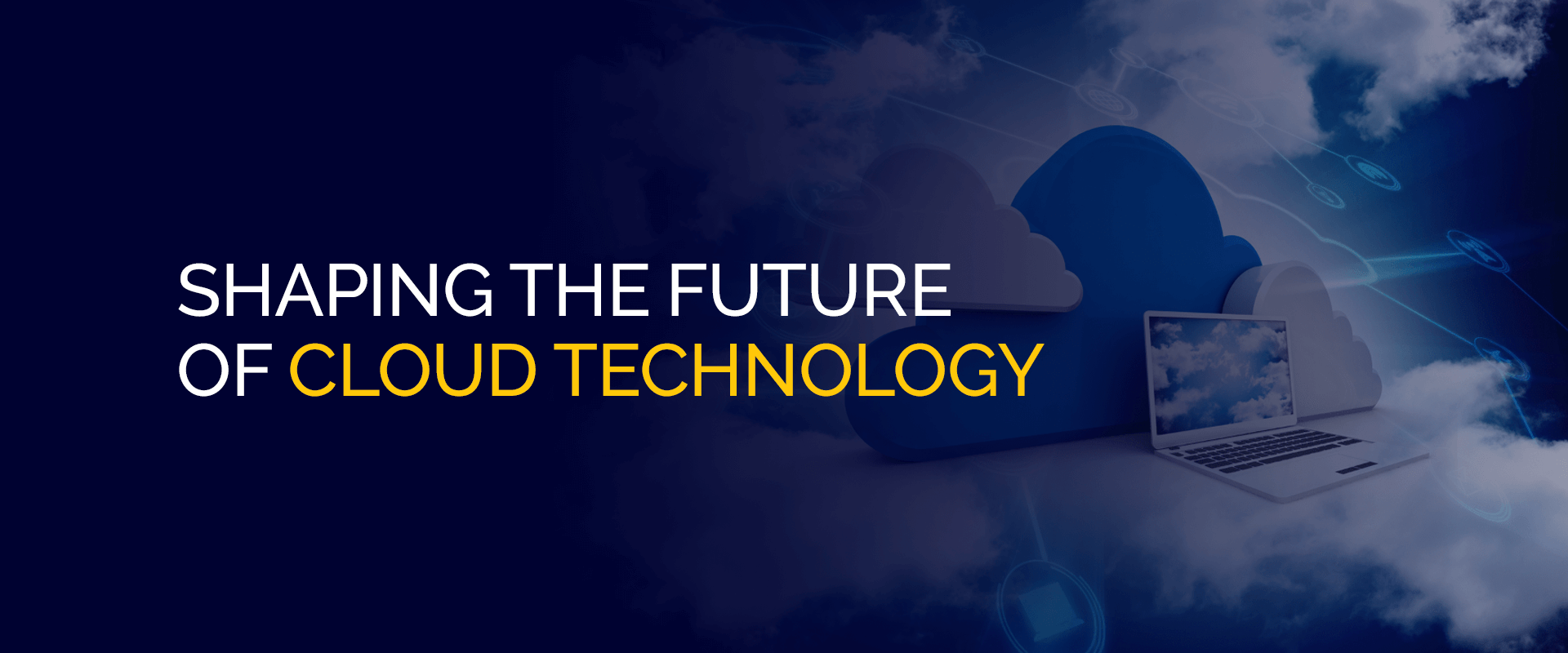

Get 93% OFF on Lifetime
Exclusive Deal
Don’t miss out this deal, it comes with Password Manager FREE of cost.
Get 93% off on FastestVPN and avail PassHulk Password Manager FREE
Get This Deal Now!By Nancy William No Comments 5 minutes
A growing reliance on the cloud and digital technology has streamlined digital processes. But it has also increased the risk of cyber threats. Many organizations are taking additional steps to keep their systems safe.

Note – Right now, VPNs help aid in the development and future of cloud technology. However, not all VPNs works the same. Some are free and don’t secure your connection, while others like FastestVPN come with industry-leading features. FastestVPN is fast, simple to use, and creates a safe internet environment for the future of Cloud Technology.
Three technologies will take the forefront in cybersecurity: zero trust, least privilege, and VPNs. This article will explore how these frameworks relate to one another and how organizations can implement them to reduce risk.
What is the future of cloud technology? How do VPNs, Zero Trust, and Least Privilege help it grow? Take a look below:
Zero trust is a security outline that assumes all traffic and visitors are distrustful unless proven otherwise. It uses three key principles to ensure systems are safe:
The system integrates various security processes such as multi-point authentication, endpoint technology, cloud workload technology, and identity protection to verify data. It protects emails and scans assets before allowing a connection. It works with encrypted systems.
Zero trust varies from the “trust but verify” methods that put systems at risk. It continuously monitors and validates users to ensure they have the necessary privileges and attributes. It surpasses on-time validation considering threats and user attributes may change.
Organizations that wish to effectively implement zero trust must use analytics and AI models to monitor activities and respond when suspicious behavior is detected. They must audit their infrastructure to identify vulnerabilities and plan a strategy to minimize damage if an attack occurs. The practice is especially useful in multi-cloud environments, in legacy systems, and in SaaS apps.
Least privilege is a security concept that provides a minimal level of access to users ensuring they have just enough to complete their tasks. It can be applied to systems, applications, and connected devices. It allows organizations the flexibility of balancing security and compliance to suit their needs.
This cybersecurity best practice reduces privilege creep which occurs when users gain access to a digital property for business-related purposes. Their privileges are rarely revoked. Over time, more users have more access to more sensitive data, and vulnerability increases.
When enforced correctly, least privilege reduces privilege creep. It also helps streamline compliance and audits, provides timely privileges to increase cybersecurity, and keeps systems safe from malware and cyberattacks.
There are several steps an organization must take to implement the least user privileges in their organization. They must:
A VPN is a virtual private network. It protects virtual data by creating an encrypted tunnel that hides your IP address so you can use systems securely. It also allows you to use public Wi-Fi hotspots without sharing your information.
The network has three main characteristics as follows:
Here are some benefits a VPN provides:
Zero trust, least privilege, and VPNs are systems and technologies that keep the digital world safe. They work towards different goals, but they can be combined to serve a similar purpose. They are cybersecurity trends that will prevent future attacks.
Take Control of Your Privacy Today! Unblock websites, access streaming platforms, and bypass ISP monitoring.
Get FastestVPN
© Copyright 2025 Fastest VPN - All Rights Reserved.


Don’t miss out this deal, it comes with Password Manager FREE of cost.
This website uses cookies so that we can provide you with the best user experience possible. Cookie information is stored in your browser and performs functions such as recognising you when you return to our website and helping our team to understand which sections of the website you find most interesting and useful.
Strictly Necessary Cookie should be enabled at all times so that we can save your preferences for cookie settings.
If you disable this cookie, we will not be able to save your preferences. This means that every time you visit this website you will need to enable or disable cookies again.